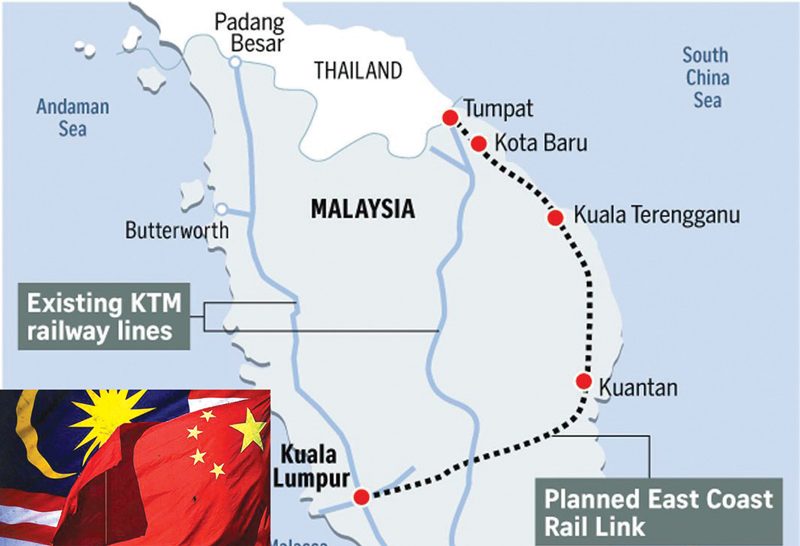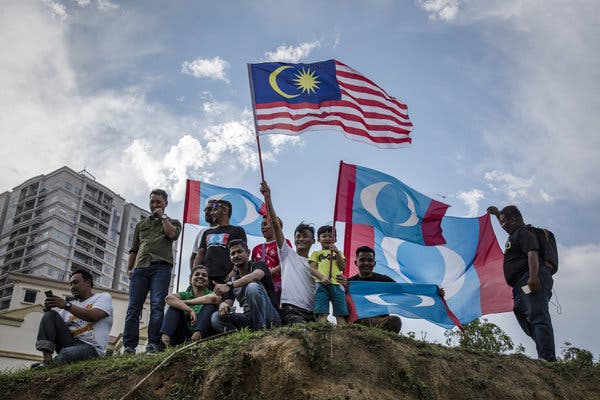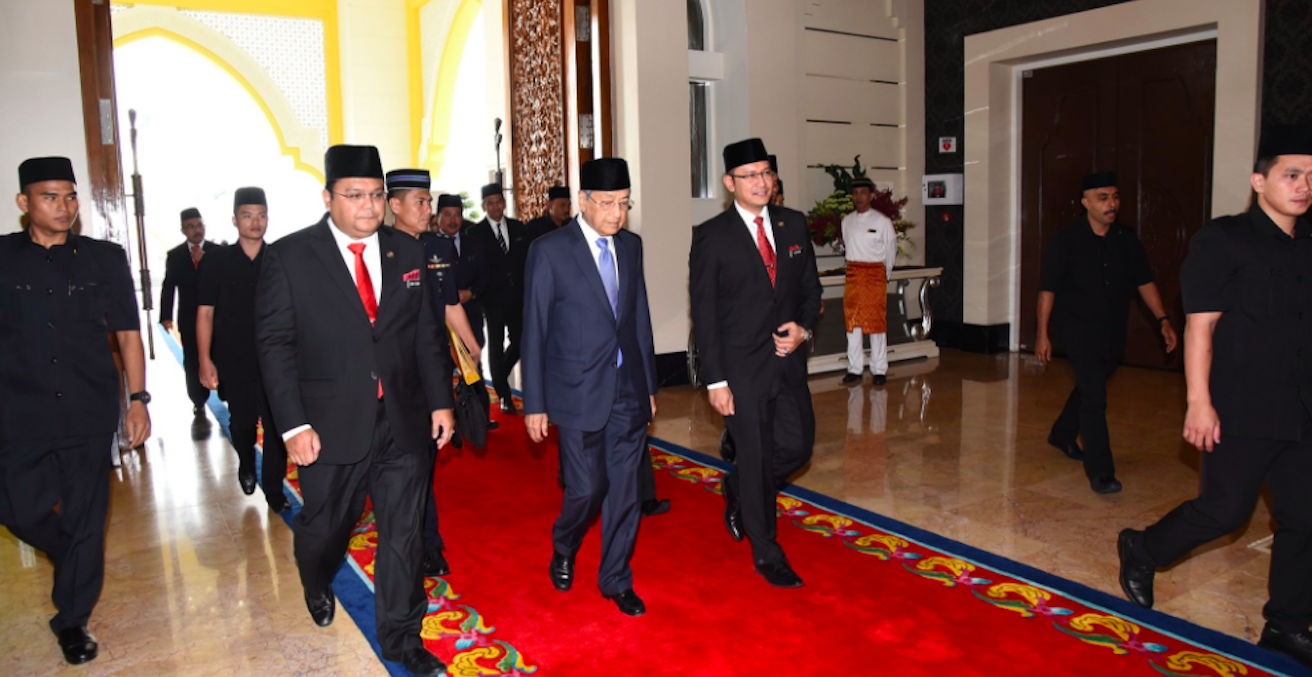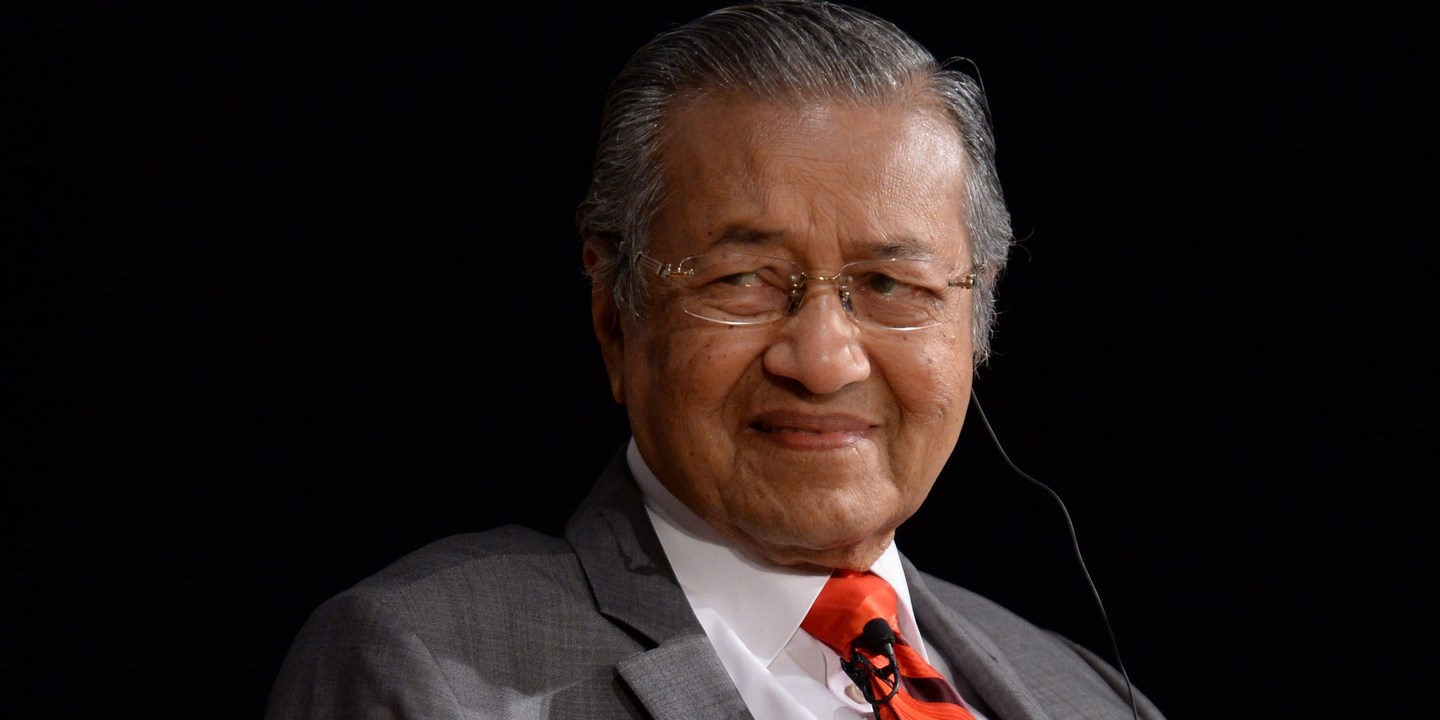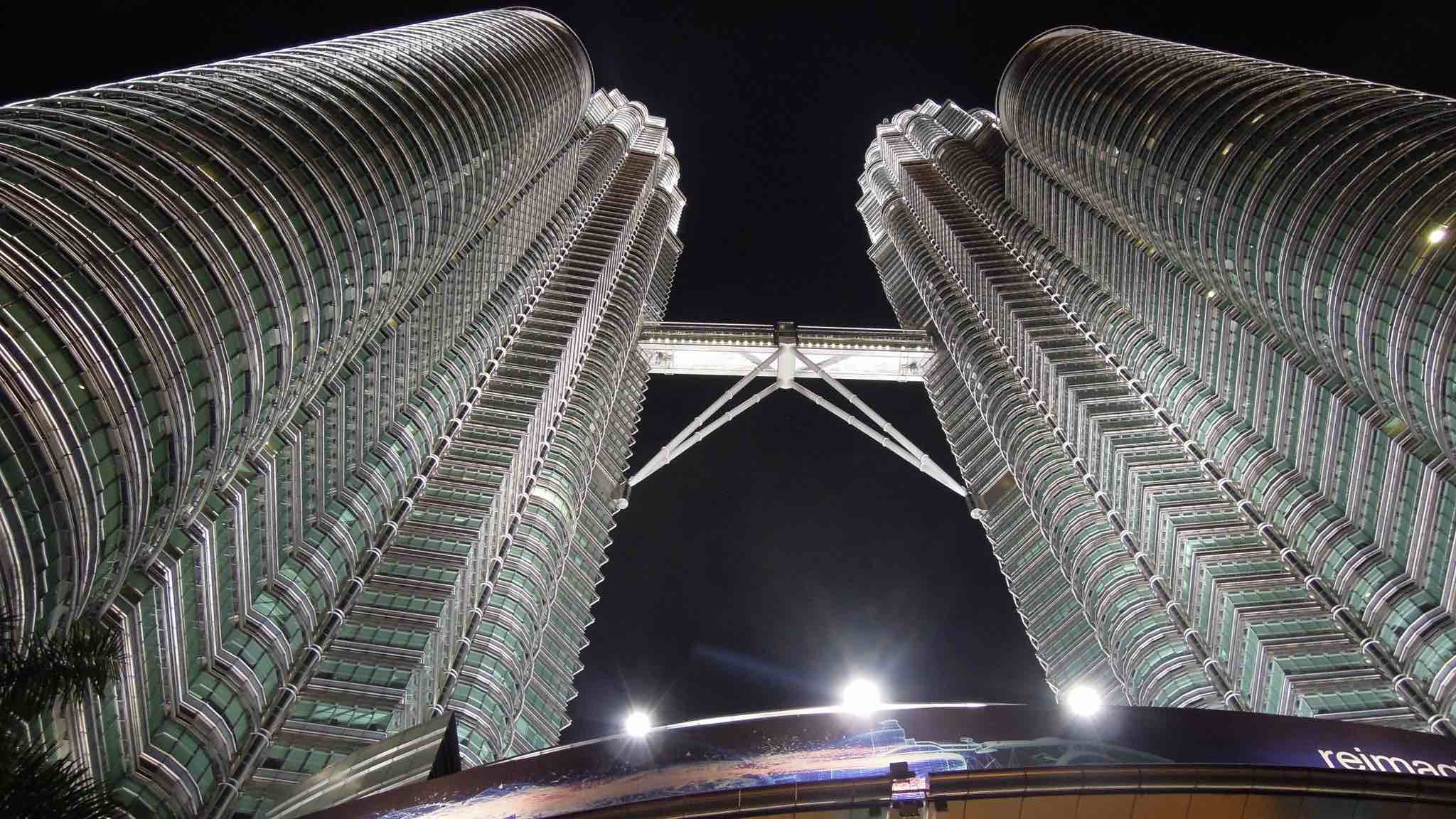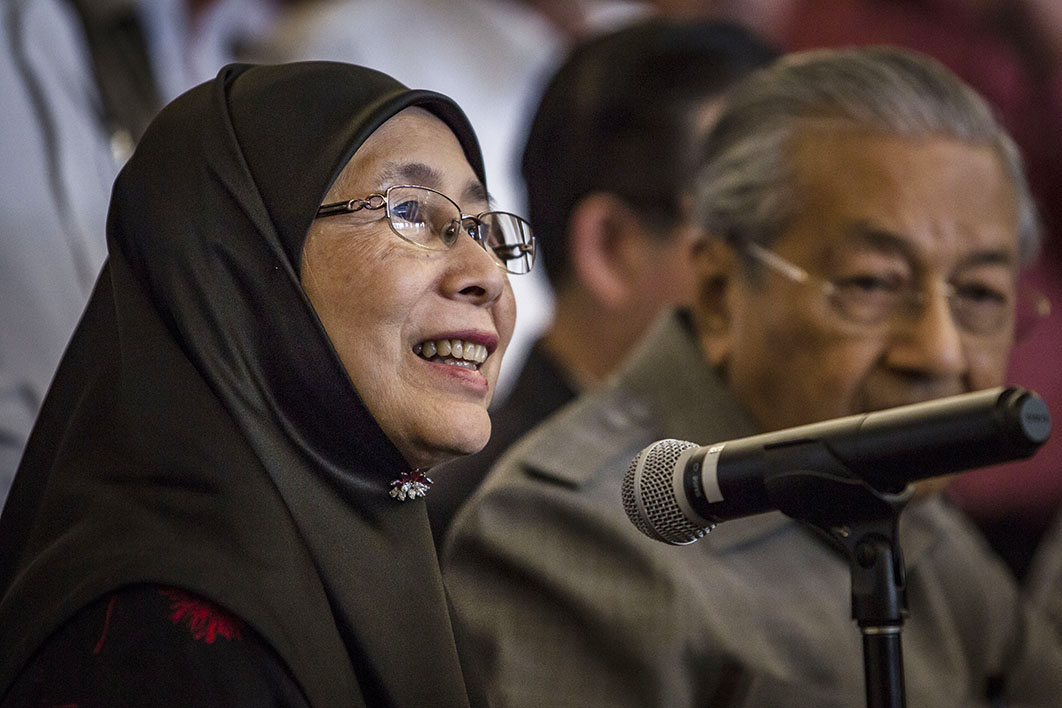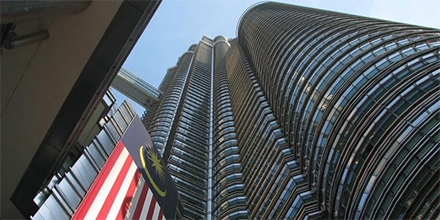The proposed route for the Chinese Belt and Road-funded East Coast Rail Link
I recently published an article on Malaysia’s GE14 in The Round Table: The Commonwealth Journal of International Affairs. In it, I argue that Pakatan Harapan’s successful campaign rhetoric managed and redirected racialised voter concerns about ethnic Chinese Malaysians so that enough Malay Muslim voters were able to vote for Pakatan despite Barisan Nasional’s campaign rhetoric directed at the DAP.
The campaign targeted Barisan’s connection with mainland China and the CCP through the large Chinese projects around the peninsula, associated with Belt and Road Initiative, arguing that the 1MDB scandal and the taint of debt and corruption associated with Barisan was the “true” Chinese threat to Malaysia, not the DAP.
Race, Debt and Sovereignty – The ‘China Factor’ in Malaysia’s GE14
Discussion about China, Chinese projects, and the Belt and Road Initiative (BRI) featured prominently in Malaysia’s 2018 election campaign, prompting widespread international debate since May about the new government’s foreign policy aims and direction. In contrast to views that Malaysia is now ‘pushing back’ against China, this article argues that China’s role in the election cannot be understood without considering the ways in which it was deployed by Pakatan Harapan (PH) to communicate with voters about domestic issues. Prime Minister Mahathir Mohamad successfully used his opponents’ connections with China and the BRI to externalise voters’ concerns about ethnic Chinese political power in Malaysia, transferring these concerns on to the People’s Republic instead. PH’s campaign also connected Chinese projects with issues of debt and corruption, allowing Mahathir to portray his opponent, Prime Minister Najib Razak, along with the 1Malaysia Development Berhad scandal, as key sources of sovereign risk for Malaysia and Malaysians.
